Rav Yehuda Amital zt”l
Rav Yehuda Amital was born in 1924 in Transylvania. As a child, he studied in cheder and yeshiva, and received virtually no formal secular education. In 1944, when the Nazis invaded Hungary, Rav Amital was taken to a labor camp, but his entire family – parents, sister and brother – were taken to Auschwitz and murdered. Rav Amital was liberated in October of 1944 and made his way to Israel, where he arrived on Chanukah of that year.
Upon his arrival in Israel, Rav Amital continued his yeshiva studies at the Hevron Yeshiva in Jerusalem and received semikha from Rav Isser Zalman Meltzer zt”l. He also studied under Rav Yaakov Moshe Charlap zt”l. While in yeshiva, Rav Amital joined the Haganah, and later fought in Israel’s War of Independence. After the war, Rav Amital became a safra de-dayna, rabbinic secretary, of the Rabbinical Court of Rehovot, and two years later, he became a ram in Yeshivat HaDarom. He married Miriam Meltzer, daughter of the Chief Rabbi of Rehovot, and granddaughter of Rav Isser Zalman Meltzer zt”l.
Rav Amital predicted that the phenomenon of exempting yeshiva students from army service would increase friction between the religious and secular communities and Israel, and would also lead to emotional and ideological distance between yeshiva students and the State of Israel. He also felt that the Religious Zionist community needed to have its own institutions of high level Torah study rather than relying on charedi yeshivot. He therefore helped formulate the idea of yeshivot hesder, and took an active role developing the first hesder cohort at Yeshivat HaDarom.
After the Six Day War, Rav Amital was called upon by Mr. Moshe Moskovic – a survivor of the 1948 battle for Gush Etzion – to found a yeshivat hesder in Gush Etzion. In 1968, Yeshivat Har Etzion opened in Kfar Etzion with 30 students, and in 1970 it moved to a nearby location and founded the town of Alon Shevut. Rav Amital insisted that the yeshiva, while maintaining a staunch commitment to Torah study and mitzva observance, be built with windows, sensitive to the needs of the outside world. He frequently quoted the Alter Rebbe’s idea that a student must be able to “hear the baby’s cry” even while he is in the middle of Torah learning. Shortly after the yeshiva’s inception, Rav Amital invited Rav Aharon Lichtenstein to join him as rosh yeshiva. Rav Lichtenstein agreed and came on aliya in 1971.
In addition to being a rosh yeshiva, Rav Amital was a prominent public figure in Israel. He founded the Meimad movement in the 1980’s to give voice to the moderate camp of the Religious Zionist movement. After the assassination of Prime Minister Rabin z”l in 1995, Rav Amital was asked by Prime Minister Shimon Peres z”l to join the government as minister without portfolio, in order to bridge the growing divide between the religious and secular populations in Israel. For many years Rav Amital also represented yeshivot hesder in the army network, holding the rank of Captain in the Armored Corps.
When Rav Amital reached the age of 80, he requested that the yeshiva select his successors before his retirement, in order to avoid conflict or confusion. In 2006, Rav Yaakov Medan and Rav Baruch Gigi were appointed roshei yeshiva alongside Rav Amital and Rav Lichtenstein. Rav Amital formally retired in October 2008, upon which Rav Mosheh Lichtenstein joined Rav Medan, Rav Gigi, and Rav Lichtenstein as the fourth rosh yeshiva.
Although Rav Amital focused on the spoken word and on public service, some of his teachings were collected in the English volumes Jewish Values in a Changing World; When God is Near; Commitment and Complexity; and A World Built, Destroyed and Rebuilt; as well as in a number of Hebrew works, including two volumes of Talmudic studies entitled Resisei Tal. Elyashiv Reichner authored a biography entitled By Faith Alone: The Story of Rabbi Yehuda Amital.
Rav Amital passed away at the age of 85 on the 27th of Tamuz, 5770 (2010), and was mourned by thousands of students and admirers. He was survived by his wife of over 60 years, Rabbanit Miriam Amital, as well as their five children–all of whom are involved, together with their spouses, in Torah education in Israel–and many grandchildren and great-grandchildren. Yeshivat Har Etzion, the institution he founded and guided for over four decades, will always remain his great legacy to Am Yisrael.
